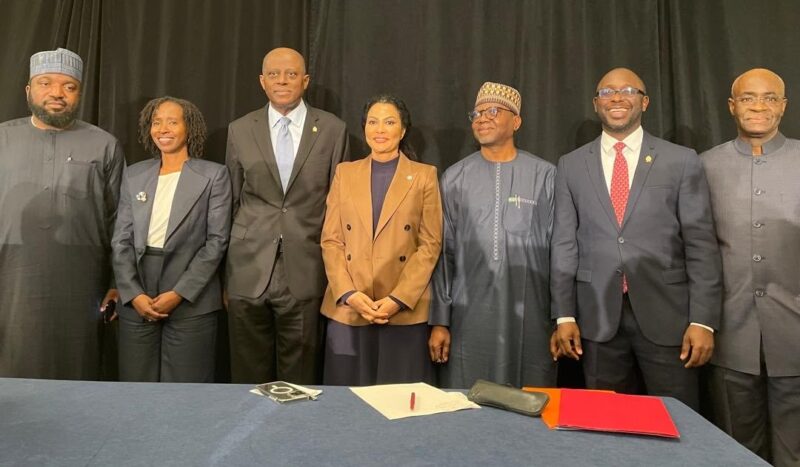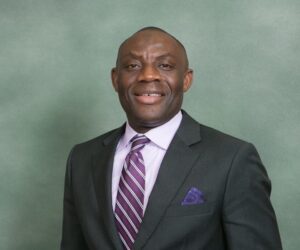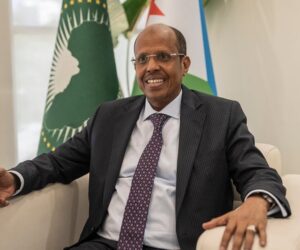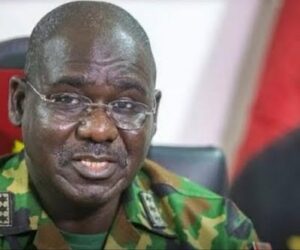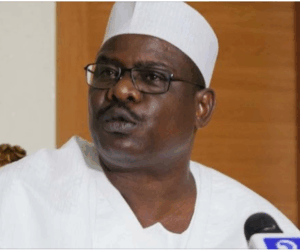The governor of the Central Bank of Nigeria, Olayemi
Cardoso, has explained that the Nigerian government is committed to reforms for
sustainable investment and growth in the country.
Cardoso disclosed this at the Nigeria Investors Forum held
on the sidelines of the 2025 World Bank and International Monetary Fund Annual
Meetings in Washington D.C. on Wednesday.
The apex bank boss cited improved economic fundamentals and
strengthened coordination between CBN and the Ministry of Finance, which he
said have ensured alignment, stability and clarity for investors.
Cardoso is optimistic about Nigeria’s economic prospects and
development.
“The CBN Governor highlighted the country’s robust economic
fundamentals, citing the $43.4 billion in external reserves, the highest level
in five years. The Central Bank and the Ministry of Finance have been working
hand in hand to ensure alignment, stability, and clarity for investors,” a
statement from Ministry of Finance spokesperson, Mohammed Manga, said.
Cardoso expressed optimism about Nigeria’s economic
prospects, emphasising the government’s commitment to strengthening the economy
and promoting sustainable growth.
Also, the CBN Deputy Governor, Mohammed Abdullahi,
elaborated on the significant improvements in foreign exchange inflows, with
monthly turnover in the forex market rising by 56.4 per cent to $8.6 billion in
2025.
According to him, over the last two years, Nigeria has
focused a lot on improving FX flows into the economy, and we’ve seen a
significant jump.
He noted that average net flows between January 2023 and
July have doubled.
The Special Adviser to the President on Finance and the
Economy, Sanyade Okoli, reiterated the Federal Government’s commitment to
achieving 7 per cent economic growth by 2027-2028 through diversification and
investment in infrastructure.
She said Nigeria’s target is 7 per cent by 2027-2028. “When
the IMF increased its forecast a week later, for 2025 we were forecasting 4 per
cent growth, rising to around 5 per cent next year.”
She added that in Q2, 13 per cent of sectors grew above 7
per cent.
“Our dependence on oil for total exports has reduced to
about 57.5 percent in the first half of this year compared to last year, and
oil now accounts for about 4 percent of GDP, down from 8% in 2021,” Okoli
noted.
Click to signup for FREE news updates, latest information and hottest gists everyday
Advertise on NigerianEye.com to reach thousands of our daily users

